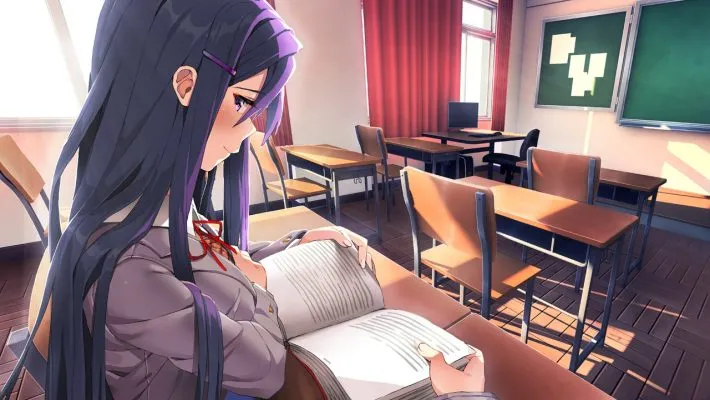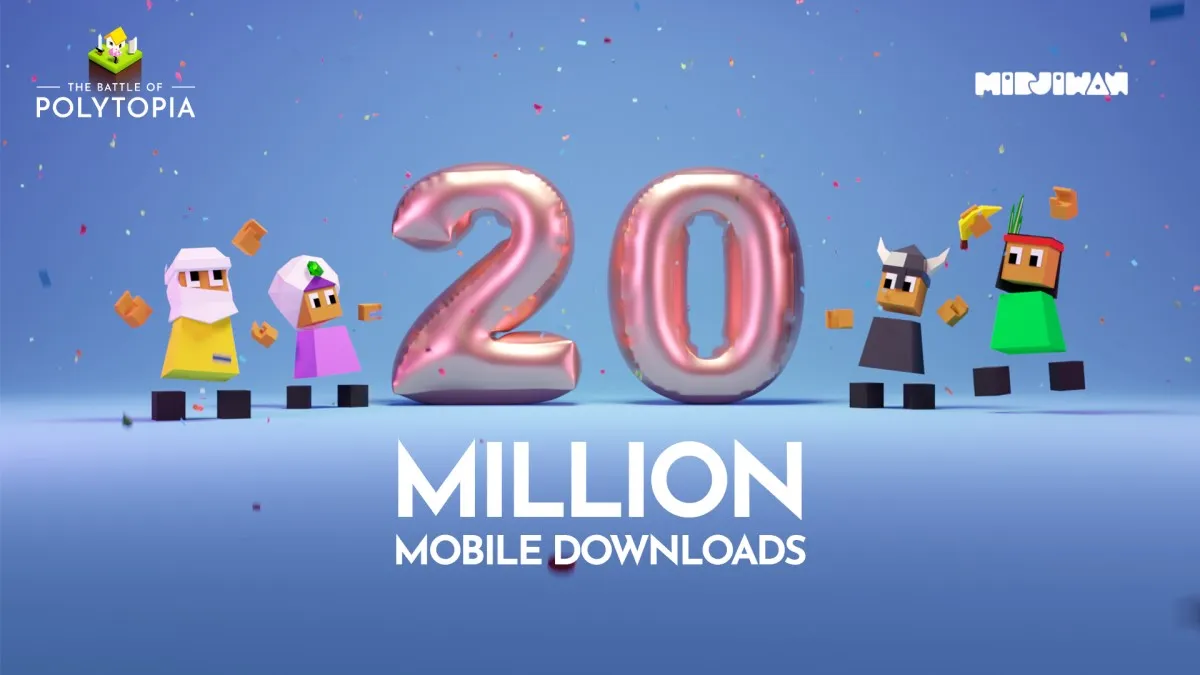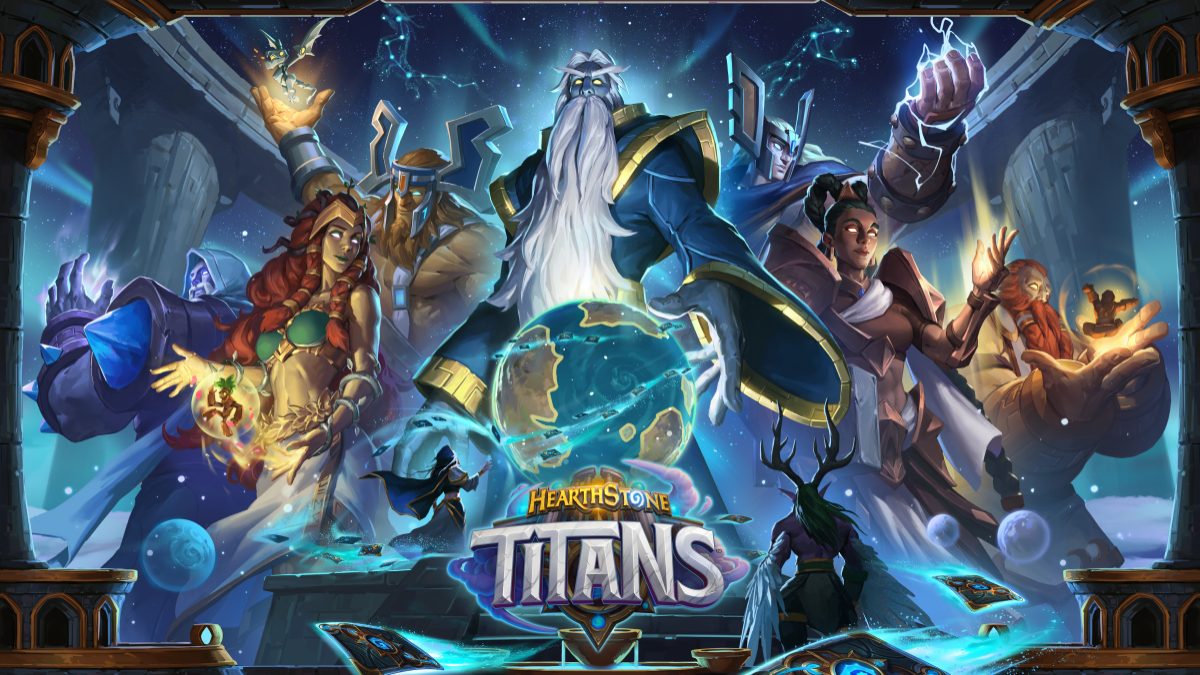Doki Doki Literature Club is one of those games that you have to play to believe. What starts off as a seemingly innocent — if not completely normal — anime dating sim, it quickly evolves and morphs into something else entirely. That is, something dark, twisted, sad, and, strangely enough at times, melancholic. With the release of Doki Doki Literature Club Plus!, interest has once again risen for this indie horror masterpiece. In our exclusive interview with Dan Salvato, the mastermind behind it all, we talk about the development of Doki Doki Literature Club, its fans, and crafting the game’s now iconic cast.
PCI: One of the things that really helped Doki Doki Literature Club stand out from its contemporaries was the fantastic writing. How long did it take to get a version of the script that you were happy with? And how many revisions did you end up doing?
Salvato: Hmm, it’s hard to say because it was a very non-linear process. I had the main story beats planned out in advance, but a lot of the actual script needed to be developed in tandem with the game content itself, because the two go hand-in-hand in various ways. I was making script changes up until right before release, and even a couple in future patches.
Not so hidden intent
PCI: When the game first released, how concerned were you with people ruining the “surprise” on the internet? Despite how the internet normally is, fans tended to not outright spoil the game so that others could experience it the same way they did. Were you surprised by that?
Salvato: I don’t think it was ever a “surprise” that Doki Doki Literature Club is a psychological horror game. The real “surprise” is the specific ways in which Doki Doki Literature Club chooses to be scary, and that’s kind of what I was invested in keeping a mystery. But more to the point, people enjoyed their experience with it and want others to experience it in a similar way. We connect and share emotions by sharing experiences with each other. That’s why you hear so many people echo the exact words of persuasion that they themselves received before playing: “Even if it’s not your type of game, it’s free, it’s short, it’s a wild ride, and you have nothing to lose.”
PCI: Was there any trepidation or hesitation in releasing an updated version of the game that was going to cost money? How long after DDLC released did talks about Plus start happening?
Salvato: We were hoping to find a way to bring the game to consoles even shortly after the game started to grow in popularity, but we never once considered charging money for a free game. That’s why we put so much thought and care into providing a plethora of new features and experiences in Doki Doki Literature Club Plus! We did it because we were confident that the new content alone, including 50% more story content via the Side Stories, 13 new music tracks, 100+ unlockable images, and more, would overdeliver to fans who generously wish to support us.
Inspiring the Club
PCI: What inspirations and influences helped shape the game? Did any films, shows, or other games stand out to you in particular when developing the game?
Salvato: The anime/dating sim side was inspired by my breadth of experience with anime and visual novels, as well as my observations of Western anime culture as a whole. As for the horror, I pulled from a wide range of emotional experiences I’ve had with games and technology over time. Yume Nikki and Eversion were two influential games — not because of their literal content, but because of how they made me feel. There are other amusing influences too, such as my childhood memories of feeling creeped out when the CD tray opened automatically when traversing between islands in Riven, and the disturbing grinding noise my Amiga’s disk drive would make whenever there was a disk read error.
PCI: Doki Doki Literature Club is a very popular game for modders. They have done all kinds of things like add happy endings for the characters and other changes. How do you feel about mods like this?
Salvato: I have a long personal history with game modding, especially as part of the Super Smash Bros. and speedrunning communities. I see mods as a fantastic, accessible way to get even more out of the games you love. Modding is oftentimes even an incredible start to many future careers in the game industry, such as my own. That’s why we’ve developed a close relationship with Doki Doki Literature Club fan content communities, ensuring that they are given freedom of creative expression to tell the stories they want to tell, while also maintaining a respectable public distance between official game content and fan content. We love that the fan community expresses their love for our game and characters in so many unique ways that come from their own hearts.
Making characters feel human
PCI: Doki Doki Literature Club tackles a lot of heavy subject matter, including mental illness. But it never feels exploitative or demeaning, even when used as the impetus for the horror elements of the game. How were you able to achieve this balance with such delicate topics?
Salvato: The characters are human, first. I wanted to create characters with relatable human traits based on my own experiences and observations in life. We empathize with those characters and want them to succeed in the face of adversity. Those who are neurodivergent especially relate to the internal struggle — that our feelings, thoughts, and behaviors don’t always align with the person we truly want to be. We feel that so strongly in characters, and we don’t want to fault them for their mistakes. I think mental health becomes exploited when it’s isolated from the character into a tokenized or romanticized plot device, downgrading the human character into some kind of problem-creating caricature. Without getting into spoilers, Doki Doki Literature Club criticizes that tendency in its own writing. The characters are human first.
PCI: What were some of the best fan interactions or moments with the community you had that stood out to you?
Salvato: I remember at my first convention appearance, some people in line started singing “Your Reality” and I found myself fighting back tears. The moments where I’m reminded of the emotional impact the game has had on others are always so moving and fulfilling to me. I wanted to communicate my experiences and emotions through my writing, so when people indicate to me that it worked, it’s the greatest compliment I could receive. I’m forever grateful to have had the chance to share these emotions with so many people around the world.
What lies beneath the surface
PCI: Doki Doki Literature Club has a lot of hidden information and secrets across the game. Was there anything in particular that you felt was found out very quickly? Or, likewise, was there anything that took a while for people to find that you thought would be quicker?
Salvato: The “hidden content” was cracked wide open as shortly as two days after the game was released! The effort was led by some technical minds who knew me from the Smash community, including Joseph Boyd, who is now part of our team. But more than the hidden stuff, I love when people point out little nuances in the dialogue, like subtle foreshadowing or other references. It makes me happy when people notice those little parallel interpretations of things.
PCI: What can you tell us about what’s next for Team Salvato? For example, “Metaverse Enterprise Solutions” sounds very… suspicious.
Salvato: We’re gonna keep making cool things out of all the wild ideas we have! That’s just what we do, we make cool things.
Post script
PCI: Lastly, if Monika was in Super Smash Bros, what would her Final Smash be?
Salvato: She would lecture you about how she’s not going to spoil her starring role just for some cool attack, and you would die from disappointment.
A big thank you to Dan Salvato for taking the time to speak with us for this interview! You can pick up Doki Doki Literature Club Plus! on Steam.
Note: This interview was edited for clarity.








